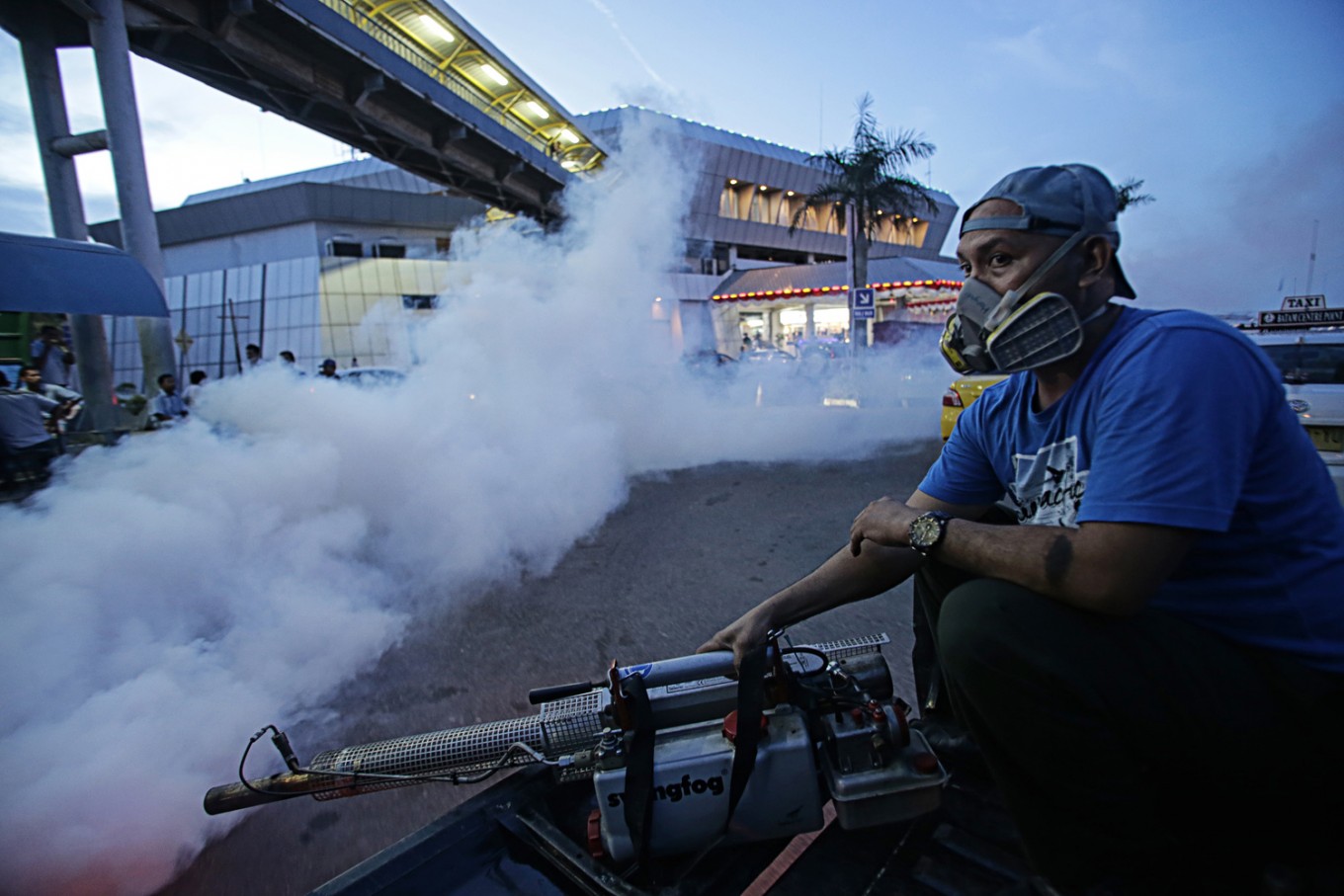Popular Reads
Top Results
Can't find what you're looking for?
View all search resultsPopular Reads
Top Results
Can't find what you're looking for?
View all search resultsStronger preventative measures sought as Thailand confirms Zika-related microcephaly
Change text size
Gift Premium Articles
to Anyone
T
he World Health Organization (WHO) has urged its South-East Asia member countries to take tough measures to prevent, detect and respond to the Zika virus after Thailand confirmed two cases of Zika-related microcephaly.
“Zika virus infection is a serious threat to the health and wellbeing of a pregnant woman and her unborn child. Countries across the Region must continue to strengthen measures aimed at preventing, detecting and responding to Zika virus transmission,” WHO South-East Asia director Poonam Khetrapal Singh said Friday.
Along with other neurological disorders, Zika-related microcephaly can occur when a neonate has been exposed to Zika virus in utero.
“Thai authorities have been active in detecting and responding to the Zika virus,” Khetrapal Singh said.
Thailand is one of four countries, including Bangladesh, Indonesia and the Maldives, where the presence of Zika has been documented in recent years.
WHO has been working with countries across the region to strengthen Zika virus and birth-defect monitoring, enhance vector surveillance and control, scale-up laboratory capacity and amplify risk communication and community engagement.
“Controlling mosquito populations is crucial to diminishing Zika virus transmission, as well as the transmission of other vector-borne diseases such as dengue and chikungunya. Householders are encouraged to disrupt standing water that can gather in gutters, pot plants and spare or discarded tires, and to dispose of household waste in sealed plastic bags,” Khetrapal Singh said.
“WHO also urges pregnant women as well as the rest of the general public to take precautions to limit mosquito-human contact, including wearing long-sleeved, light colored clothing; using mosquito repellent; sleeping under a bed net; and fitting windows and doors with screens wherever possible,” she added. (ebf)










